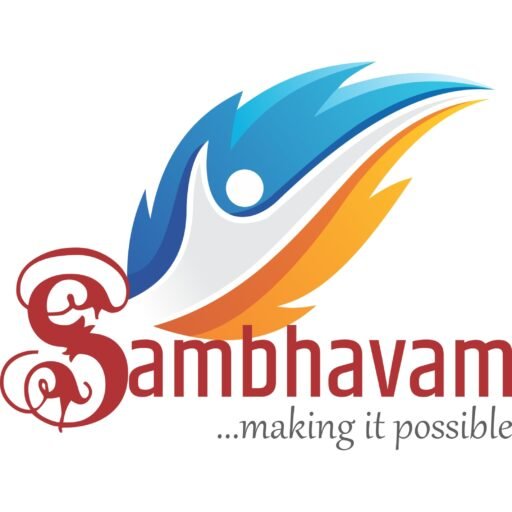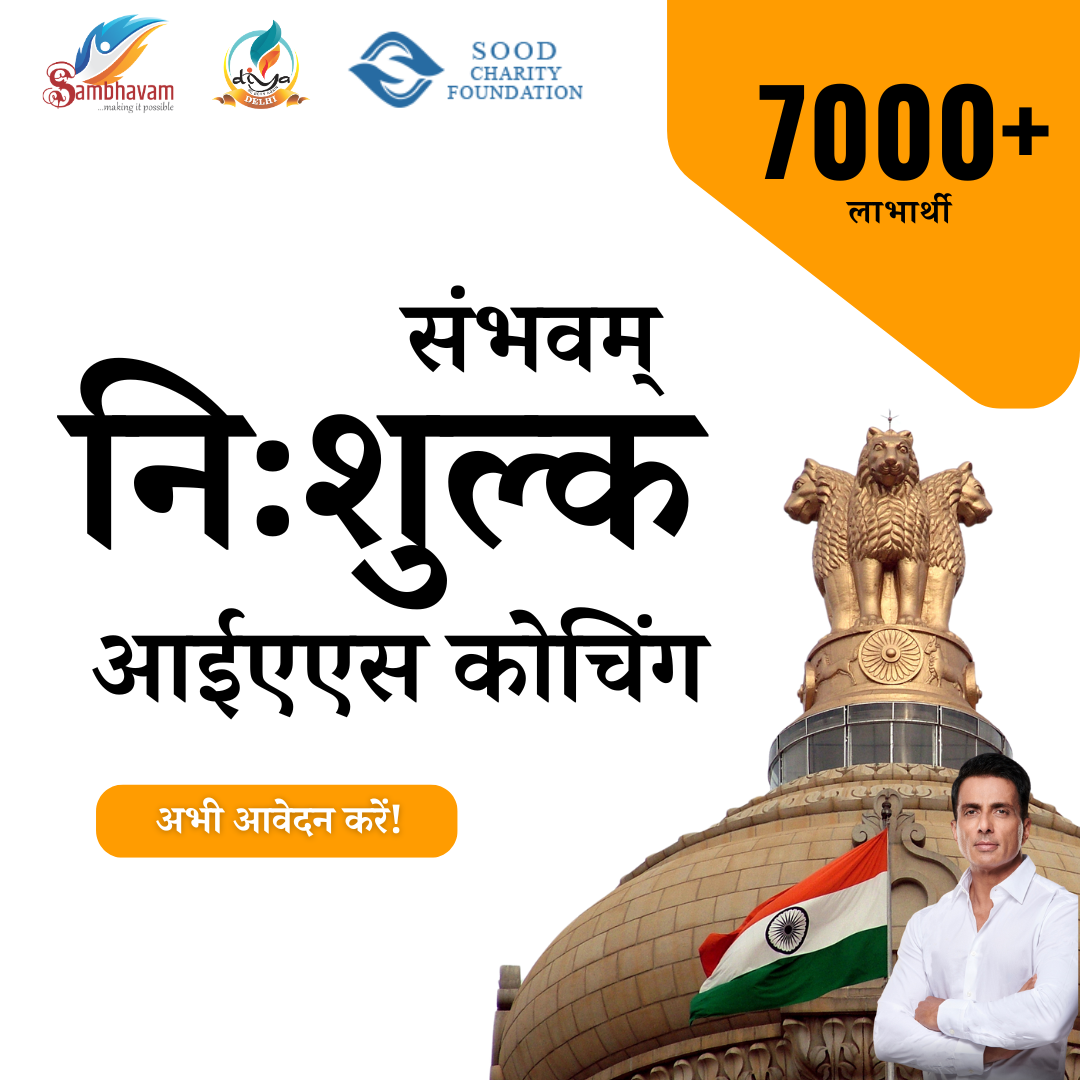PUBLIC ADMINISTRATION
OUR OFFERINGS & KEY FEATURES
- COMPREHENSIVE SYLLABUS COVERAGE OF BOTH PAPER 1 & PAPER 2
- 1 TO 1 PERSONAL MENTORSHIP BY EXPERTS FOR CONTINOUS SUPPORT
- PYQ & TREND ANALYSIS ON LATEST UPSC PATTERN
- ANSWER WRITING VIA TEST SERIES & EVALUATION BY TEACHERS & EXPERTS
- LIVE ONLINE CLASSES ON ZOOM APP & OFFLINE RECORDINGS AVAILABLE
ABOUT THE FACULTY

Prof. Raghu Chikkarange Gowda Sir, an accomplished educator with extensive teaching experience in Civil Services Examination (CSE), holds a BSc in Agriculture and an MSc in Agricultural Economics, along with a Junior Research Fellowship (JRF). He is well-versed in the entire UPSC CSE syllabus and has taught at respected institutions like Unacademy, Analog IAS Academy, RC Reddy Study Circle, and more.
Sir’s impressive UPSC journey includes clearing the Mains seven times, achieving the top position in the UPSC 2015 CSE GS-4 paper, and attending interviews for the Indian Economic Service and Indian Forest Service. He is also an author, contributing to UPSC preparation with books on Ethics, Integrity, Aptitude, and Indian Polity.
IMPORTANT DATES
| Event | Details |
|---|---|
| Application Starts | 19th July, 2024 |
| Last Date | 20th August, 2024 |
| Commencement of Online Classes | Already Started |
| Online Class Duration | TBA |
| Course Fee | Rs. 15,104 /- |
Brochure
Section – A
- Introduction : Meaning, scope and significance of Public Administration, Wilson’s vision of Public Administration, Evolution of the discipline and its present status. New Public Administration, Public Choice approach; Challenges of liberalization, Privatisation, Globalisation; Good Governance : concept and application; New Public Management.
- Administrative Thought : Scientific Management and Scientific Management movement; Classical Theory; Weber’s bureaucratic model its critique and post-Weberian Developments; Dynamic Administration (Mary Parker Follett); Human Relations School (Elton Mayo and others); Functions of the Executive (C.I. Barnard); Simon’s decision-making theory; Participative Management (R. Likert, C. Argyris, D. McGregor.)
- Administrative Behaviour : Process and techniques of decision-making; Communication; Morale; Motivation Theories content, process and contemporary; Theories of Leadership : Traditional and Modem.
- Organisations : Theories systems, contingency; Structure and forms : Ministries and Departments, Corporations, Companies; Boards and Commissions; Ad hoc, and advisory bodies; Headquarters and Field relationships; Regulatory Authorities; PublicPrivate Partnerships.
- Accountability and Control : Concepts of accountability and control; Legislative, Executive and judicial control over administration; Citizen and Administration; Role of media, interest groups, voluntary organizations; Civil society; Citizen’s Charters; Right to Information; Social audit”
- Administrative Law : Meaning, scope and significance; Dicey on Administrative law; Delegated legislation; Administrative Tribunals.
Section – B
- Comparative Public Administration : Historical and sociological factors affecting administrative systems; Administration and politics in different countries; Current status of Comparative Public Administration; Ecology and administration; Riggsian models and their critique.
- Development Dynamics : Concept of development; Changing profile of development administration; ‘Anti development thesis’; Bureaucracy and development; Strong state versus the market debate; Impact of liberalisation on administration in developing countries; Women and development the self-help group movement.
- Personnel Administration : Importance of human resource development; Recruitment, training, career advancement, position classification, discipline, performance appraisal, promotion, pray and service conditions; employer-employee relations, grievance redressal mechanism; Code of conduct; Administrative ethics.
- Public Policy : Models of policy-making and their critique; Processes of conceptualisation, planning. implementation, monitoring, evaluation and review and their limitations; State theories and public policy formulation.
- Techniques of Administrative Improvement : Organisation and methods, Work study and work management; e-governance and information technology; Management aid tools like network analysis, MIS, PERT, CPM.
- Financial Administration : Monetary and fiscal policies: Public borrowings and public debt Budgets types and forms; Budgetary process; Financial accountability; Accounts and audit.
Section – A
- Evolution of Indian Administration : Kautilya Arthashastra; Mughal administration; Legacy of British rule in politics and administration Indianization of Public services, revenue administration, district Administration, local self Government.
- Philosophical and Constitutional framework of Government : Salient features and value premises; Constitutionalism; Political culture; Bureaucracy and democracy; Bureaucracy and development
- Public Sector Undertakings : Public sector in modern India; Forms of Public Sector Undertakings; Problems of autonomy, accountability and control; Impact of liberalization and privatization .
- Union Government and Administration : Executive, Parliament, Judiciary-structure, functions, work processes; Recent trends; Intra-governmental relations; Cabinet Secretariat; Prime Minister’s Office; Central Secretariat; Ministries and Departments; Boards; Commissions; Attached offices; Field organizations.
- Plans and Priorities : Machinery of planning; Role, composition and functions of the Planning Commission and the National Development Council; ‘Indicative’ planning; Process of plan formulation at Union and State levels; Constitutional Amendments (1992) and decentralized planning for economic development and social justice.
- State Government and Administration : Union-State administrative, legislative and financial relations; Role of the Finance Commission; Governor; Chief Minister; Council of Ministers; Chief Secretary; State Secretariat; Directorates.
- District Administration since Independence : Changing role of the Collector; Union-State-local relations; imperatives of development management and law and order administration; District administration and democratic decentralization.
Section – B
- Civil Services : Constitutional position; Structure, recruitment, training and capacity building; Good governance initiatives; Code of conduct and discipline; Staff associations; Political rights; Grievance redressal mechanism; Civil service neutrality; Civil service activism.”
- Financial Management : Budget as a political instrument; Parliamentary control of public expenditure; Role of finance ministry in monetary and fiscal area; Accounting techniques; Audit; Role of Controller General of Accounts and Comptroller and Auditor General of India.
- Administrative Reforms since Independence : Major concerns; important Committees and Commissions; Reforms in financial management and human resource development; Problems of implementation.
- Rural Development : Institutions and agencies since Independence; Rural development programmes: foci and strategies; Decentralization and Panchayati Raj; 73rd Constitutional amendment.
- Urban Local Government : Municipal governance: main features, structures, finance and problem areas; 74th Constitutional Amendment; Global-local debate; New localism; Development dynamics, politics and administration with special reference to city management.
- Law and Order Administration: British legacy; National Police Commission; Investigative agencies; Role of Central and State Agencies including para military forces in maintenance of law and order and countering insurgency and terrorism; Criminalisation of politics and administration; Police-public relations; Reforms in Police.
- Significant issues in Indian Administration: Values in public service; Regulatory Commissions; National Human Rights Commission; Problems of administration in coalition regimes; Citizen administration interface; Corruption and administration; Disaster management.








